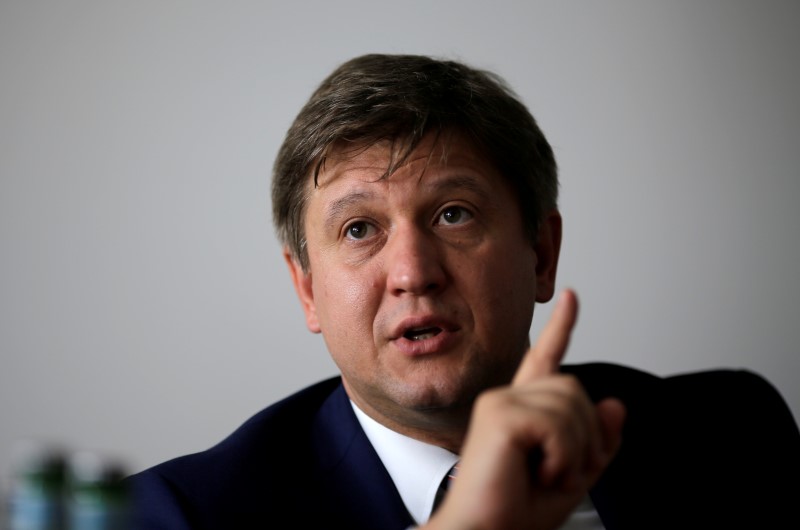KIEV (Reuters) - Resistance to reform from vested interests will derail Ukraine's economic recovery and bailout programme from the International Monetary Fund unless those in power take clear steps to fight corruption, the Fund said on Monday.
Ukraine received $1 billion (778.64 million pound) from the IMF in September, its third tranche of money under a $17.5 billion programme. This tranche had been held back for nearly a year due to political upheaval and slow progress on implementing anti-graft measures.
In a staff report following a second review of the programme, the IMF said it was not enough for Ukraine's Western-backed leaders to voice support for structural reforms.
"It is critical to show concrete results that signal a distinct and irreversible break with the country's past," it said.
"This will be challenging when corruption is widespread and deeply entrenched and will require deep commitment from those in power. Without this, however, it will be difficult to see how the programme can succeed."
September's $1 billion means Ukraine has so far received $7.7 billion under the programme, which disburses loans in tranches provided that agreed reform targets are reached.
The Fund said the new criteria that Ukraine must meet included the introduction of "crucial" but unpopular pension reforms by the end of December and an end-October deadline for high-level officials to declare their income and assets online.
The income declaration system was one of the criteria Ukraine met to unlock the last tranche of loans. But since its launch, anti-corruption campaigners have warned that its effectiveness could be compromised by patchy enforcement and new legislation.
The IMF cited this kind of policy reversal as one of the main domestic risks for Ukraine as well as political instability and the possibility of early elections.
IMF chief Christine Lagarde said Ukraine showed welcome signs of economic recovery, but warned that "much remains to be done."
"A decisive start needs to be made with the restructuring and divestiture of state-owned enterprises, and prosecuting high-level corruption cases," she said in a statement.

The IMF sees the Ukrainian economy growing 1.5 percent in 2016, following two years of recession partly due to a conflict with pro-Russian separatists in industrial eastern areas.